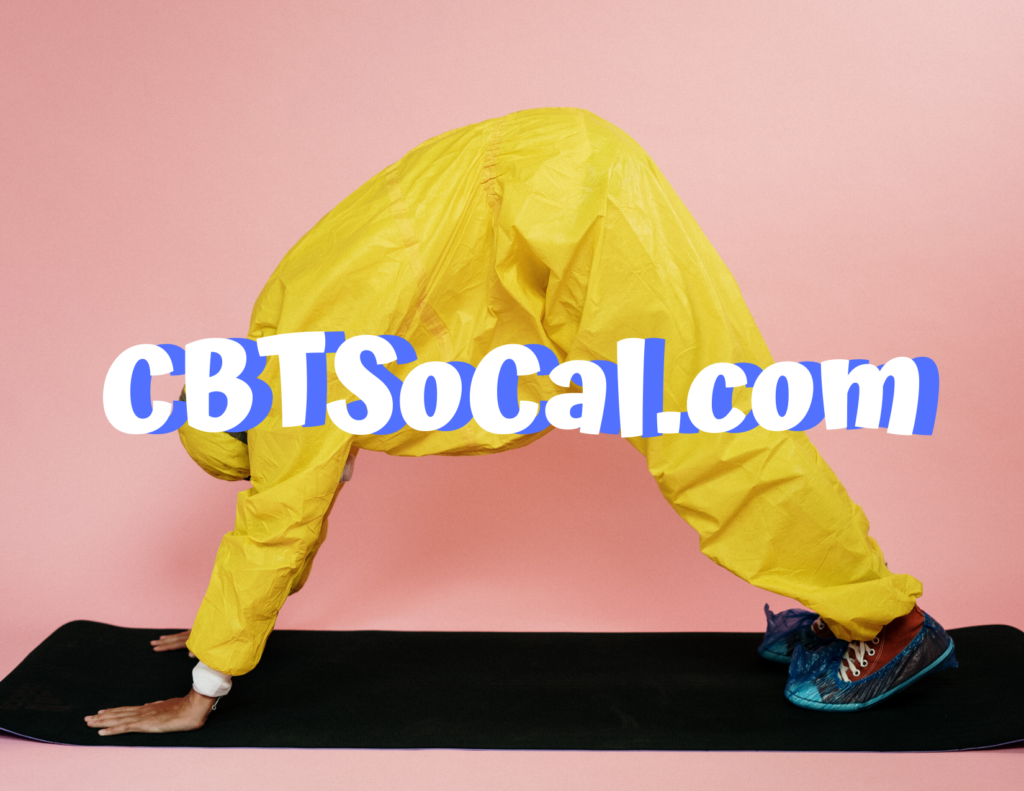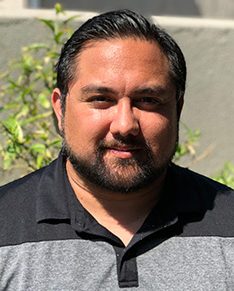Reducing the risk of PTSD due to the coronavirus pandemic


The coronavirus pandemic is pushing many people to their emotional limits. People’s lives have been disrupted and it is unclear if and when the world will ever go back to normal. For many people dealing with quarantine and other pandemic-related stressors can be traumatic. In fact, it is possible that PTSD, a mental illness in which traumatic events lead to symptoms such as severe anxiety and flashbacks, will be on the rise in the months following the end of pandemic. In a recent article in the New York Times, clinical psychologist Dr. Jennifer Taitz discusses strategies for more effectively coping with mental health issues now in order to reduce the chance of developing PTSD.
Trust in your own resiliency
As Dr. Taitz pointed out, the average person is remarkably resilient. Most people who experience a life-threatening event recover without developing PTSD. People are resilient and the effects of trauma often decrease with time. In the experience of Dr. Taitz, her psychotherapy clients are often surprised at how well they are able to cope with challenges.
Add positive activities to your routine
Hyper focusing on news related to the pandemic will have detrimental effects on your mental health. During a crisis, it is important to find moments to soothe yourself. Dr. Taitz noted that a study found that playing Tetris while in the Emergency Room following a car accident is related to lower rates of traumatic memories. Make the time to engage in fun activities. Remember to slow down and appreciate the moment.
Connect with others
Feeling connected to others is a protective factor against PTSD. Stay connected to friends and family via video chat, phone, or social media. Socialize with your loved ones, share your struggles with them, and ask them to share their’s. Dr. Taitz points out that people need to talk about their emotional struggles in order to heal. She also encourages people to think more broadly about their emotional support systems. Saying hello to a neighbor or joining a virtual fitness class can help people to feel a sense of connection.
Of course there are no easy fixes. However, if people take steps toward improving their mental health now, they may be able to prevent more severe consequences later.
If you are interested in learning how CBT via telehealth (online therapy) can address mental health issues during the pandemic, schedule a free consultation.

Dr. Jason von Stietz specializes in Cognitive Behavior Therapy and Sport/Performance Psychology in Torrance, CA. He provides online therapy (telehealth) by way of the Torrance office and is available for a free initial phone consultation. Dr. von Stietz works with individuals from Long Beach, the greater Los Angeles area, and the South Bay including Palos Verdes, Redondo Beach, Hermosa Beach, Manhattan Beach, El Segundo and all over California.
